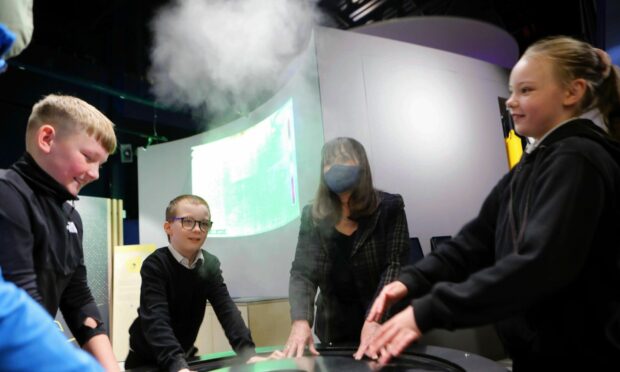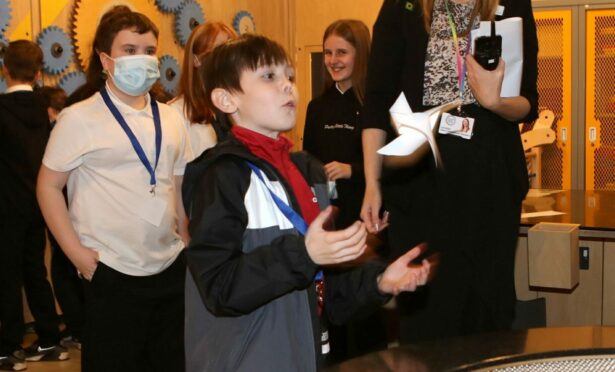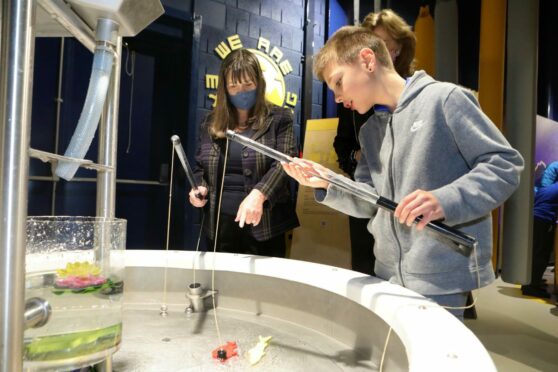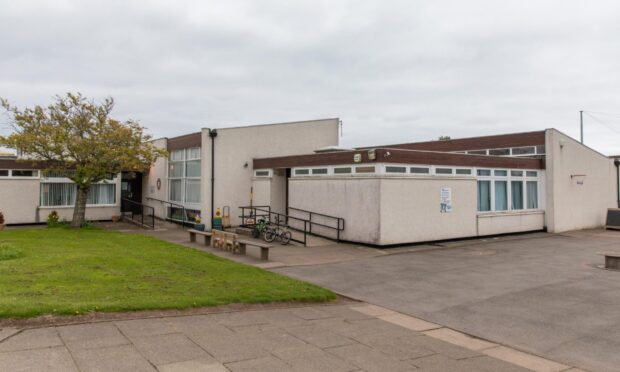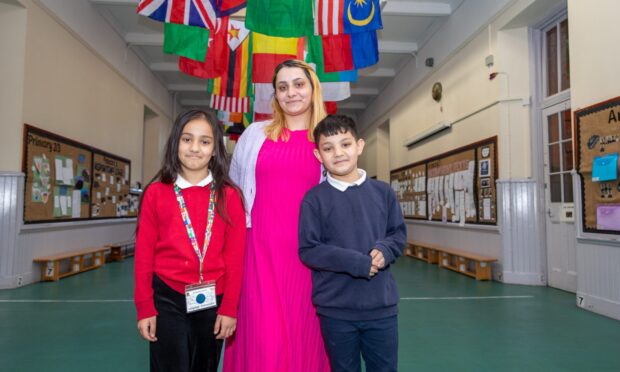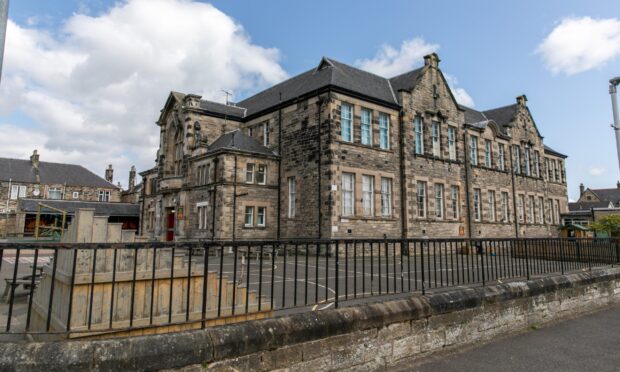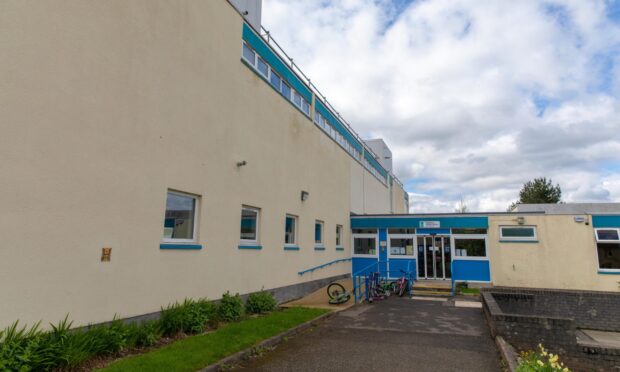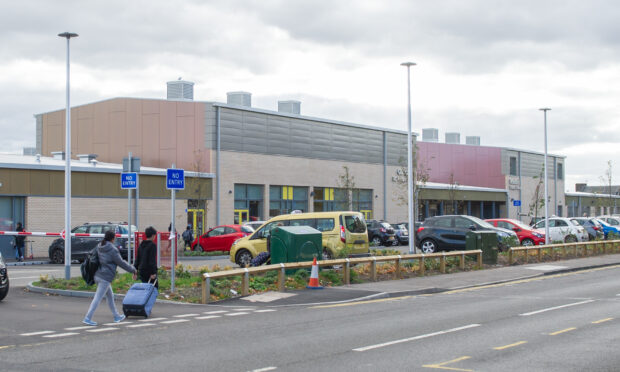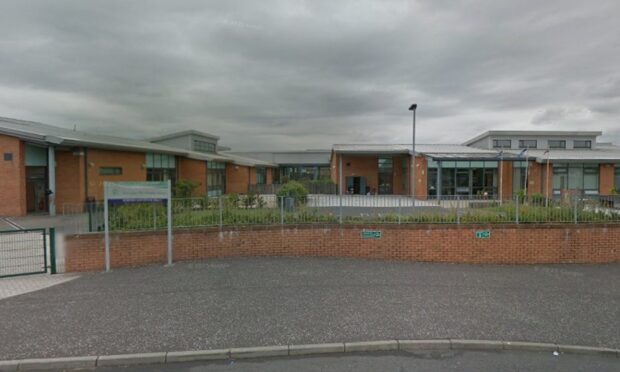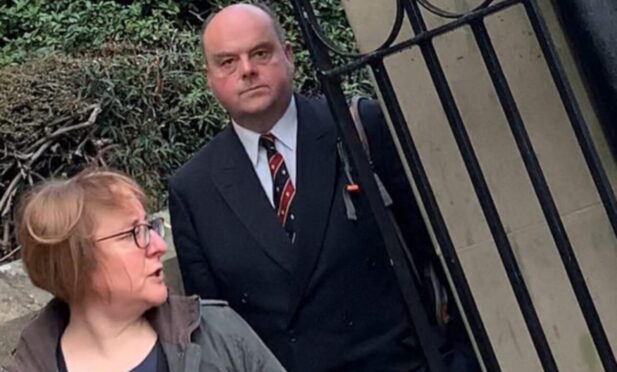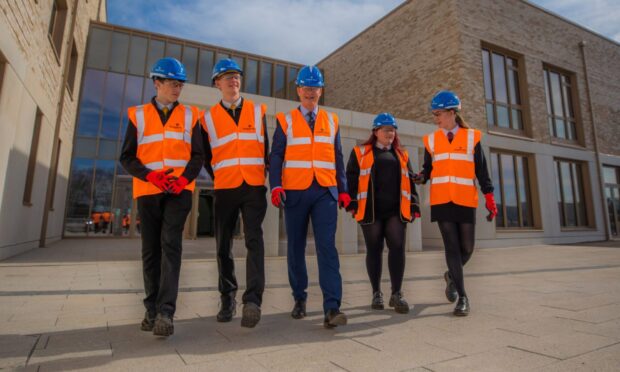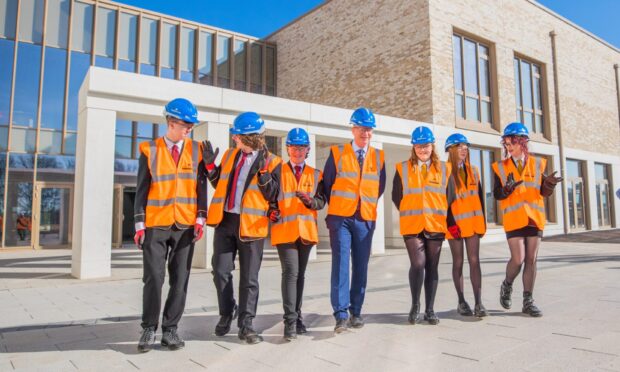More than 1,200 Dundee children are learning about climate change during COP26 Schools Week at the city’s science centre.
A series of activities, demonstrations and experiments for P4 to P7 pupils from 13 primary schools are being delivered by Dundee Science Centre.
Parents, grandparents and carers will be keen to know what they are learning about the planet and how – so we enlisted the centre’s Carlene Cura to give us the lowdown.
The first group of pupils from Longhaugh Primary School was joined by Scotland’s Minister for Children and Young People Clare Haughey on Monday.
They will be followed by classes from Forthill, Mill of Mains, St Andrew’s, St Peter and Paul’s, Ballumbie, Dens Road, Fintry, Downfield, Tayview, Eastern, Ancrum Road and St Fergus’ primary schools over the coming days.
What are they learning?
During two-hour workshops children are discovering how seas and oceans are warming, about renewable energy and how climate change can affect our health.
Here are three things Carlene told us they are discovering:
1. Ocean acidification impacts coral reefs and shellfish
As oceans are made more acidic by soaking up CO2, corals and animals with shells made of calcium carbonate use more energy repairing their shells, leaving less for growing or reproducing. An experiment shows the impact of acid by combining vinegar and calcium carbonate in a test tube and letting it fizz.
2. How CO2 traps heat
In the atmosphere carbon dioxide, the greenhouse gas which has caused most of human-made global warming, traps infrared light or heat. The effect is demonstrated using an infrared camera to show how infrared light given off by humans is blocked by a perspex screen – like CO2 – but permeates through a binbag.
3. How engineers are fighting combat change
Children learning about renewable energy technology by trying their hand at being climate engineers. They are challenged to build their own simple windmill, using templates and split pins, then put them to the test.
Carlene, the centre’s development and fundraising advisor, said: “It’s important for us to continue the legacy of COP26 and ensure that these subjects continue to be in reach of younger people.
Who knows, we might even shape the next generation of change-makers in the process!”
Carlene Cura, Dundee Science Centre
“Rather than leaving the climate decision-making to the policy-makers and the big names, they too can see that they have a role to play.
“Our COP26 Schools Week will drill down to the detail, bring the topics to life and show their relevance to each and every one of the children involved.
“Who knows, we might even shape the next generation of change-makers in the process!”
Why is COP26 Schools Week taking place?
The centre was asked by Dundee City Council to host COP26 Schools Week, which has been partly funded by the Edina Trust.
Ms Haughey said the Scottish Government was determined to ensure the climate change summit reached out to communities far beyond negotiations in Glasgow, and has provided almost £950,000 to allow children and young people to participate.
She said: “The COP26 Schools Week being hosted by Dundee Science Centre in partnership with Dundee City Council is a great example of continuing the legacy of COP26 and underlines the importance of the voice of children and young people on this issue.
“We all need to play a role and our communities and children and young people will be at the heart of that action.”
